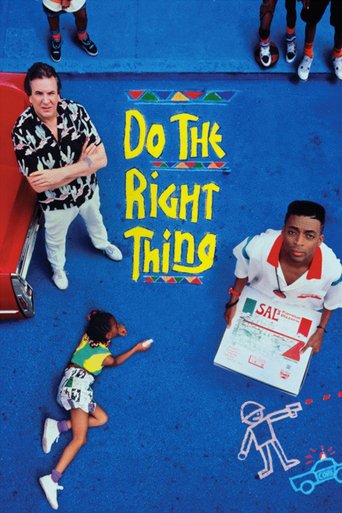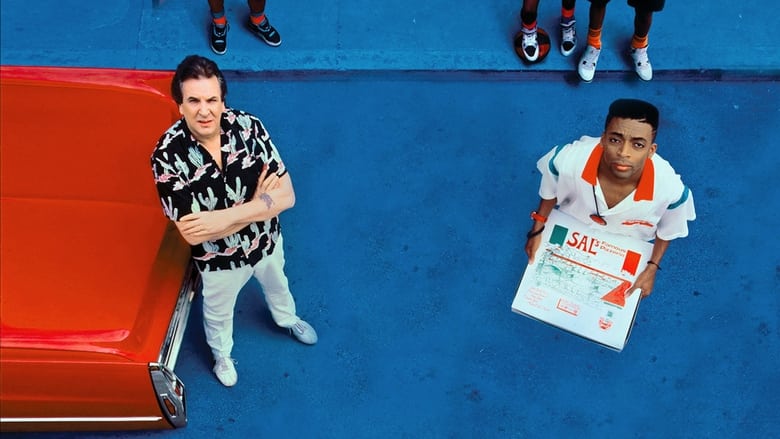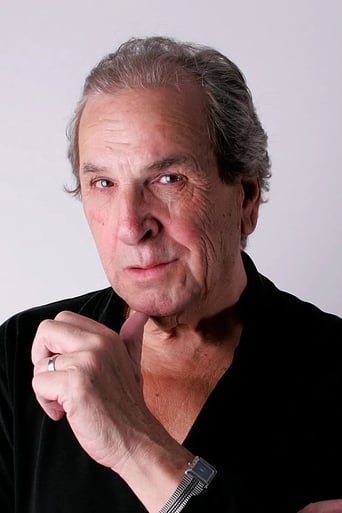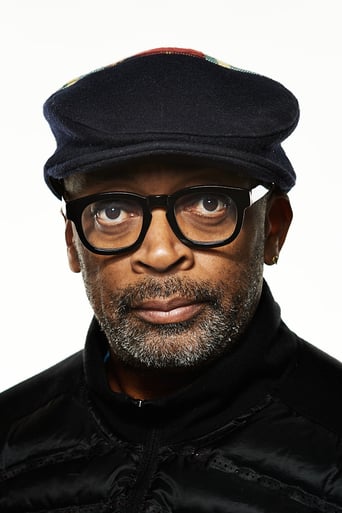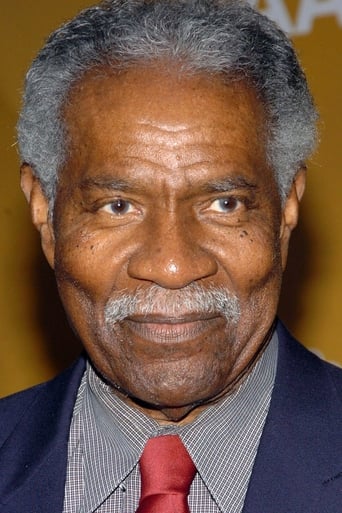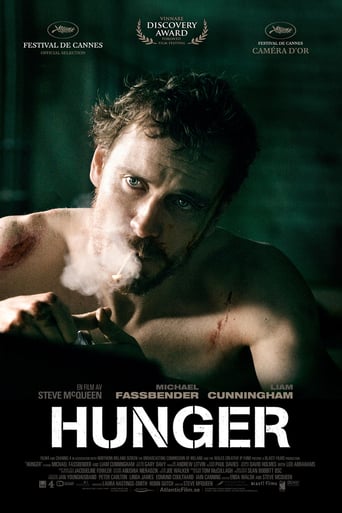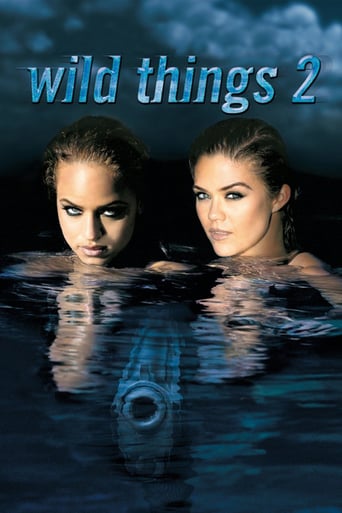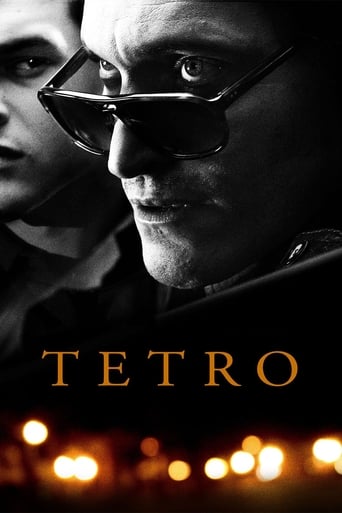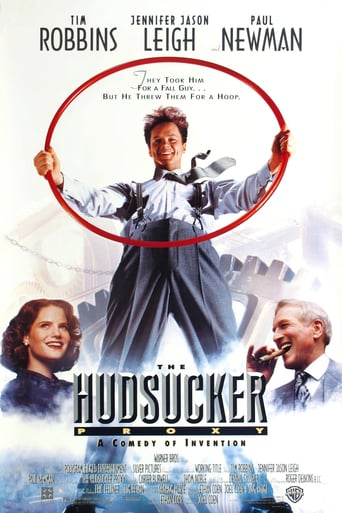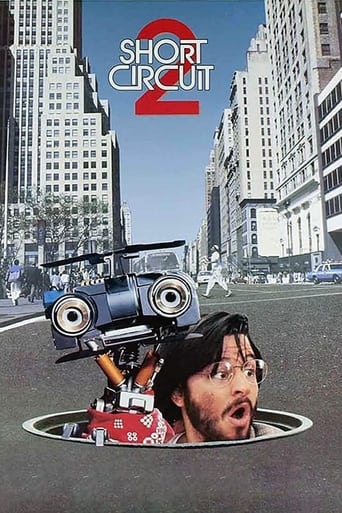Do the Right Thing (1989)
Salvatore "Sal" Fragione is the Italian owner of a pizzeria in Brooklyn. A neighborhood local, Buggin' Out, becomes upset when he sees that the pizzeria's Wall of Fame exhibits only Italian actors. Buggin' Out believes a pizzeria in a black neighborhood should showcase black actors, but Sal disagrees. The wall becomes a symbol of racism and hate to Buggin' Out and to other people in the neighborhood, and tensions rise.
Watch Trailer
Cast
Similar titles
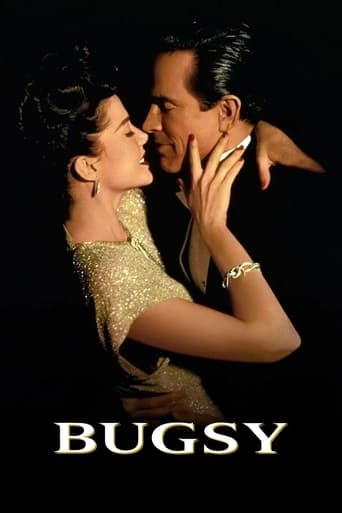
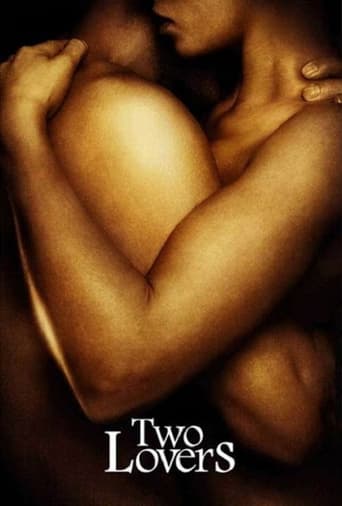
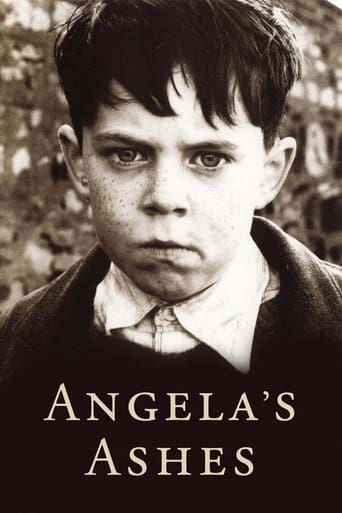
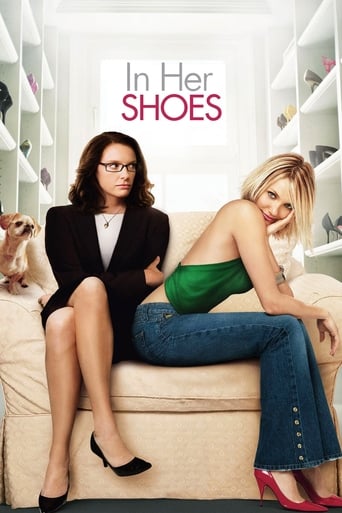
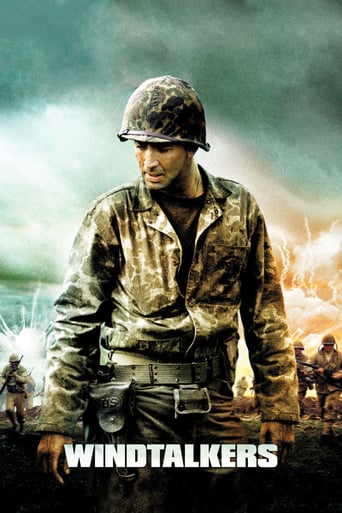
Reviews
Surprisingly incoherent and boring
Save your money for something good and enjoyable
People are voting emotionally.
The film makes a home in your brain and the only cure is to see it again.
One of the best aspects of film is its ability to capture a feeling. Spike Lee more than accomplishes this in "Do the Right Thing", encapsulating the merciless Summer heat while being playful with the color palette. The entertainment level here is high, between the dialogue and the who's who of future '90s stars (seriously, *everyone's* in this movie). That sweltering heat is the ideal backdrop for festering racial tensions, but what's refreshing is in the way Lee goes about it. Empathy exists on both sides of the battle line. Good and evil aren't so easily defined, and there are those in the wrong, but no one's really a bad guy. Except for the police, which is what makes this uncomfortable even today. But the characters don't exist solely to represent sides, and I think that's what makes this still resonate.8/10
I saw this movie when it first came out, and remember thinking how good it was. I saw it again today, and realized that while the themes it tackles are important, it really isn't as great a film as I remembered. Filled with stereotypes (despite places in the film that seem to be mocking how people stereotype one another), the dialogue is stiff, unnatural, and again, like someone's impression of stereotypes of Brooklyn street slang. Most of the performances consist of various people screaming bad lines at one another. I really wish this was the movie I thought I saw in 1989.
It predated Rodney King and the countless cases of racial violence leading up to the Black Lives Matter era. Spike Lee has remarked over the years that while the white establishment has been comfortable supporting comedy with a cast of black actors it has been less willing to embrace drama, especially if it might stir anger and undo the carefully spun version of American History. Some of Spike Lee's films have a tragic ending that might seem like last-minute manipulation. Bamboozled comes to mind. School Daze has a blatant "Wake up!" message to camera, and Jungle Fever has an unintentionally funny solicitation and reaction of shock. Of the films that Spike Lee has written and directed, Do the Right Thing is the most perfectly woven story combined with aesthetic. He and Ernest Dickerson have made a visually cohesive and involving film that holds up enough that you will forget people are not carrying smart phones. We might be left debating among ourselves as to what right thing must be done, which is just as well. As an over-simplification from "The Mayor," the credo is politely received by Mookie. In the aftermath of the movie's events, there may be people who claim the right thing to do was for the white man, Sal, to include black celebrity photos on the wall of his pizzeria among all the Italians he personally admires being a middle-aged Italian. The place is a little embassy of his own identity in the middle of predominantly black Bed Sty where it has been in business for decades. Despite eating there since childhood, Buggin' Out (Giancarlo Esposito) does a double-take one day while having a slice. Only then does he develop sudden and fresh outrage over the lack of black faces on Sal's wall. This is a debate that extends to diversity issues and OscarSoWhite, but we'll take it at face value. Should Sal have caved in to Buggin' Out's demand and eventually let him curate all of the photos on the wall of fame to ensure that there is a higher black to Italian ratio closer to that of the neighbourhood, or was Sal right to see Buggin' Out as a hothead and hang on to his own territory? People on-line have examined the continuity of a scene with white neighbour's/cyclist John Savage being accused of scuffing Buggin' Out's running shoe with his bike tire. The question of which shoe could have been run over doesn't add up, and the implication is that Buggin' Out is unjust and looking for issues to rage over. Buggin' Out ropes in the mild-mannered Radio Raheem (Bill Nunn) who just wants to walk around listening to his ghetto blaster. Buggin' Out is trying to boycott Sal's place. He radicalizes Raheem. They show up just after the restaurant closes and beg for Sal to open ostensibly for just one more slice, clearly gaining access only to protest the place and confront Sal. Raheem blasts his music at the counter and refuses Sal's request to turn it down. The young men won't leave and won't turn off the music. Sal finally picks up a baseball bat and smashes the radio. Raheem is then driven mad by the loss of his property and begins to fight the older man. The fight spills into the street. The police see the huge and powerful physicality of Raheem and intervene. They over-compensate for the strength of Raheem by putting him in a notorious choke hold he sadly does not survive. This happening to Raheem then finally radicalizes the calm and reasonable, neutral Mookie who throws a trash can into the restaurant window and starts a riot. In the chaos that follows, Buggin' Out is somewhat part of the background and nobody notices a mentally challenged man wander off to start a fire and burn down the place; we see Italian celebrities on the wall of fame consumed by fire but also a picture the arsonist has left behind in the wreckage to also burn up - that of Martin Luthor King and Malcolm X shaking hands. Whether someone respected Frank Sinatra or MLK, their photos burned the same. The fire doesn't discriminate. Lee had said in commentaries that white viewers came away talking about loss of property (the restaurant, as opposed to the radio), and black viewers tended to focus on loss of life. But considering that police only appear in a couple of scenes and are not central to the spine of the film, it seems clear that whether intended or not Buggin' Out is the one to blame for the death of Radio Raheem. Had he not presumed to be territorial with Sal and attempt to boycott a business his friend Mookie works for, and had he not been single-minded and impatient (the way Twitter and blogger campaigns are today) without regard for Sal's right to self-determination in his own shop, the dominoes of violence would not have fallen. He drew Raheem into a bad position and exploited him as muscle. They knew Sal to be a take-no-crap kind of guy and an adult and obviously tough enough to be a white businessman in Harlem, and yet Buggin' Out coaxed Raheem into intimidating and trespassing. The police were careless in arresting Raheem and should have been more attentive. They were professionals responsible for protecting life, no question. But the events that got them there were mostly if not entirely on the shoulders of Buggin' Out. Not only on race but on various progressive issues, there are many perhaps well-meaning or just high-on-ideals internet activists who are more like Buggin' Out then they realize. Years later, Spike Lee revisited the role of Mookie in his fifties for a film called Red Hook Summer. Mookie was still delivering pizza for Sal. Ultimately, it is not about Sal. We never do see what is on the more current walls of his new place, but it is also none of our business.
I wrote this review in 1989, before IMDb existed. That's why I'm submitting it now, with updates to reflect recent news story that this film addressed.Nearly two months after its release, and after reading numerous articles about it, I finally saw Do the Right Thing. It's a remarkably entertaining, enlightening, controversial, and well balanced view of race relations in an inner city neighborhood (Bed-Stuy). The story in brief: Sal (Danny Aiello) and his two sons (including John Turturro) operate a pizzeria in Bed-Stuy that caters to blacks and other ethnic minorities. Mookie, who delivers pizzas and is played by Spike Lee, is the only black employee in the store. There are numerous interesting side stories: Mookie's relationship with his sister, his Hispanic girlfriend and their son. The relationship between Da Mayor (Ossie Davis) and his attempt to win the affection of a neighborhood woman (Ruby Dee) The interaction between Sal and his two sons. The characters are developed fully, and we see them at regular intervals throughout the film as the director builds our empathy for all of them, warts and all. These include the slick D.J., Radio Raheem (Bill Nunn), who is never seen without his ghetto-blaster (A large, portable, radio cassette player, measuring about 1.5 m wide & 1.0 m high. It's played especially outdoors, in public places at loud volume; & carried on one shoulder with loudspeakers facing the head; since replaced by today's mobile devices), and Buggin' Out (Giancarlo Esposito), an outspoken person in the community. The movie's strength comes from its acting, realism, and how it challenges us to re-examine our attitudes on race relations. This movie could serve as an excellent vehicle for schools and community groups to discuss race relations and defuse violence. Here are some discussion questions: Was it reasonable for Buggin' Out, one of the more activist blacks in the film, to insist that Sal put the pictures of some "brothers" on the walls of his pizzeria? Were the police accurately portrayed as all-white, bigoted and insensitive to the needs of the community? Or were they stereotyped? (This film predated the "stop & frisk" and "police brutality" charges that would emerge decades later.) Were African-Americans shown to be unusually belligerent to the only two whites we meet outside the pizzeria, the Yuppie owner of brownstone, and 50-ish owner of an antique car?Concerning the series of events that led to the riot at the end, Was the riot caused by Radio Raheem's defiance in Sal's pizzeria, first by entering a closed shop, and then by blasting his radio inside, knowing how offensive Sal would find it? Was Sal's destruction of the radio justified on the grounds that he was provoked beyond the breaking point? When the fight between Raheem and Sal broke out, should Mookie, who was close to both of them, have interceded? Should the group of local blacks have stopped the fight, since both Sal and Raheem were liked by both? During the fight, was it realistic that no weapons were produced? When the police arrived, did they use unreasonable force to restrain Raheem, or were they misled by his size and strength from realizing that they were choking him to death? (This film was decades before the Eric Garner case that presented very similar circumstances.) After Raheem's death, which was not Sal's fault, was Mookie justified in breaking Sal's window? Was the looting of Sal's pizzeria understandable, if not forgivable? Was the ending regarding Mookie and Sal believable? Should there have been coverage of black prejudice against other groups to parallel the bias shown by Sal's sons toward blacks? Considering all possible biases that could have been shown, the movie is reasonably well-balanced to show them all. There are some especially meaningful dialogues about racial attitudes: Between Sal and his bigoted son, between Sal and Mookie, between Mookie and the son, and between the white police officers and Sal. Each tests our deepest beliefs about race relations, and there is a fair balance between moderate and extreme views. Movies exploring this important topic have become scarce in recent years. One notable exception was Crash, which won the Best Picture Oscar in 2005.Do the Right Thing has excellent camera work, direction, pacing, characterization, music and authenticity. Not quite a masterpiece, but it is so rich, daring and unusual, that it's a must-see for those interested in the inner city of today. See it, enjoy it, and most importantly, discuss it with friends and those on both sides of the issues!
